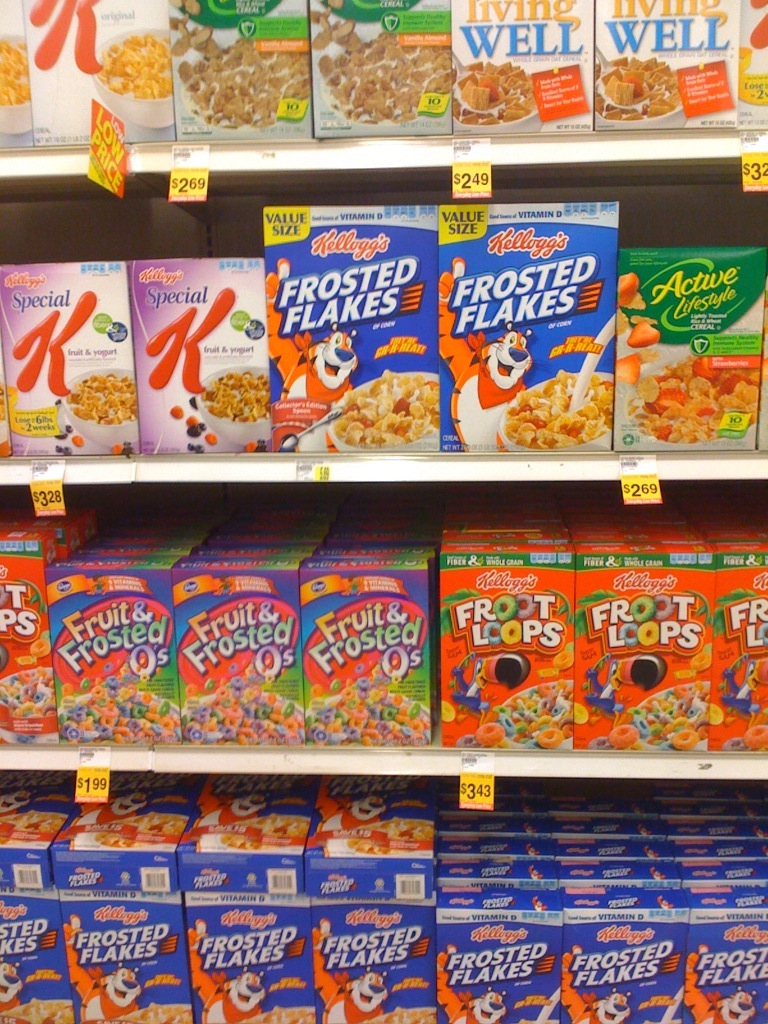“Why can I have only organic cereal?” my daughter whined in the aisles of the supermarket.
“Because organic is better for water,” I answered.
The details I left for some day when my daughter is old enough to understand are the following: A study released by the Proceedings of the National Academy of Sciences (PNAS) found organically fertilized soils to leach significantly less nitrogen into the water supply — gray water — compared to synthetically fertilized soils. Water contaminated with fertilizer runoff from fields that grow the ingredients in those colorful boxes of cereal that fascinate my daughter, pollutes rivers and ground water. Forty percent of America’s rivers and forty-six percent of our lakes are too polluted with nitrates to support aquatic life — fish — according to the U.S. Environmental Protection Agency. The Mississippi is polluted with 1.65 trillion tons of nitrogen fed by the tributaries of thirty-six states. The gray water delivered from the Mississippi to the Gulf of Mexico causes a dead zone the size of Massachusetts, the largest in the world. It is called a dead zone because marine life must retreat the low-oxygen water or die. Bottom-dwellers, like the crab and sea star are left to compete for oxygen with flourishing algae blooms that thrive in the gray water.

click to Read & Leave a comment
Click to close comments
Comments